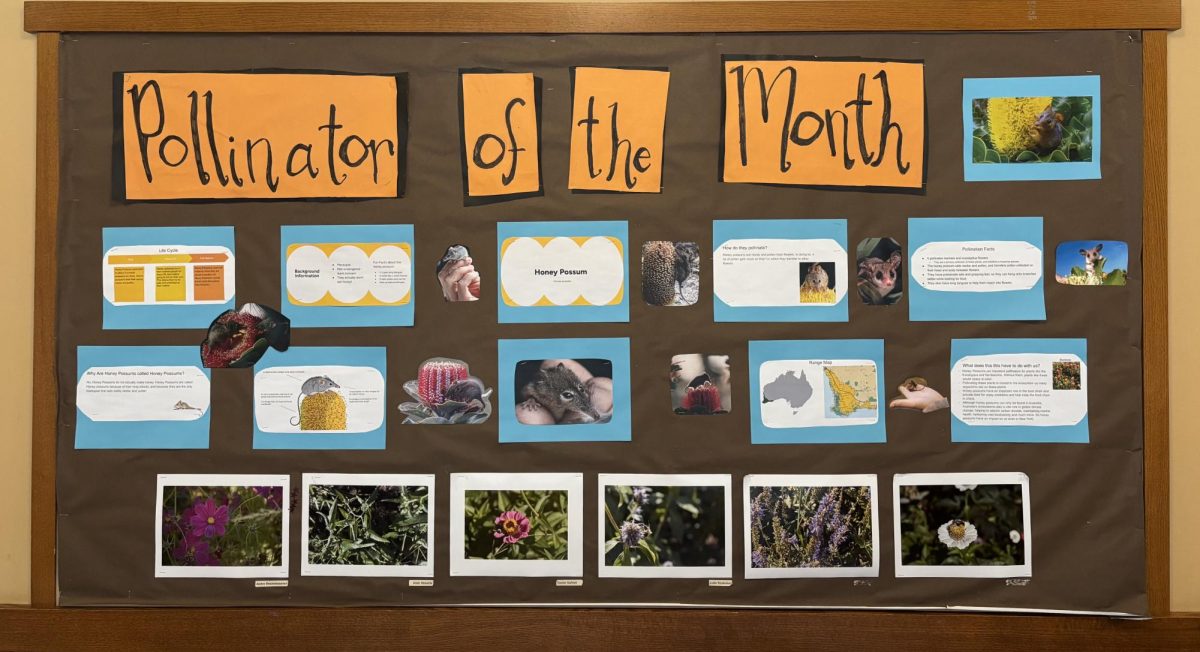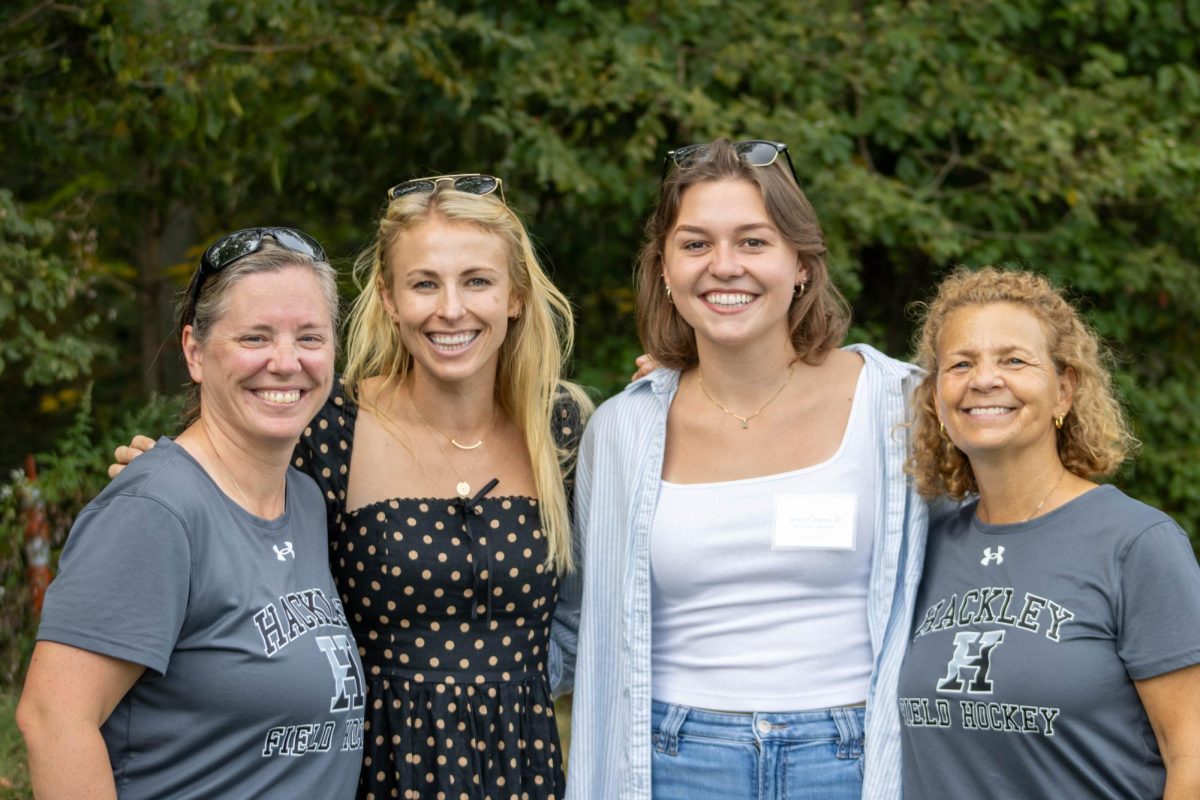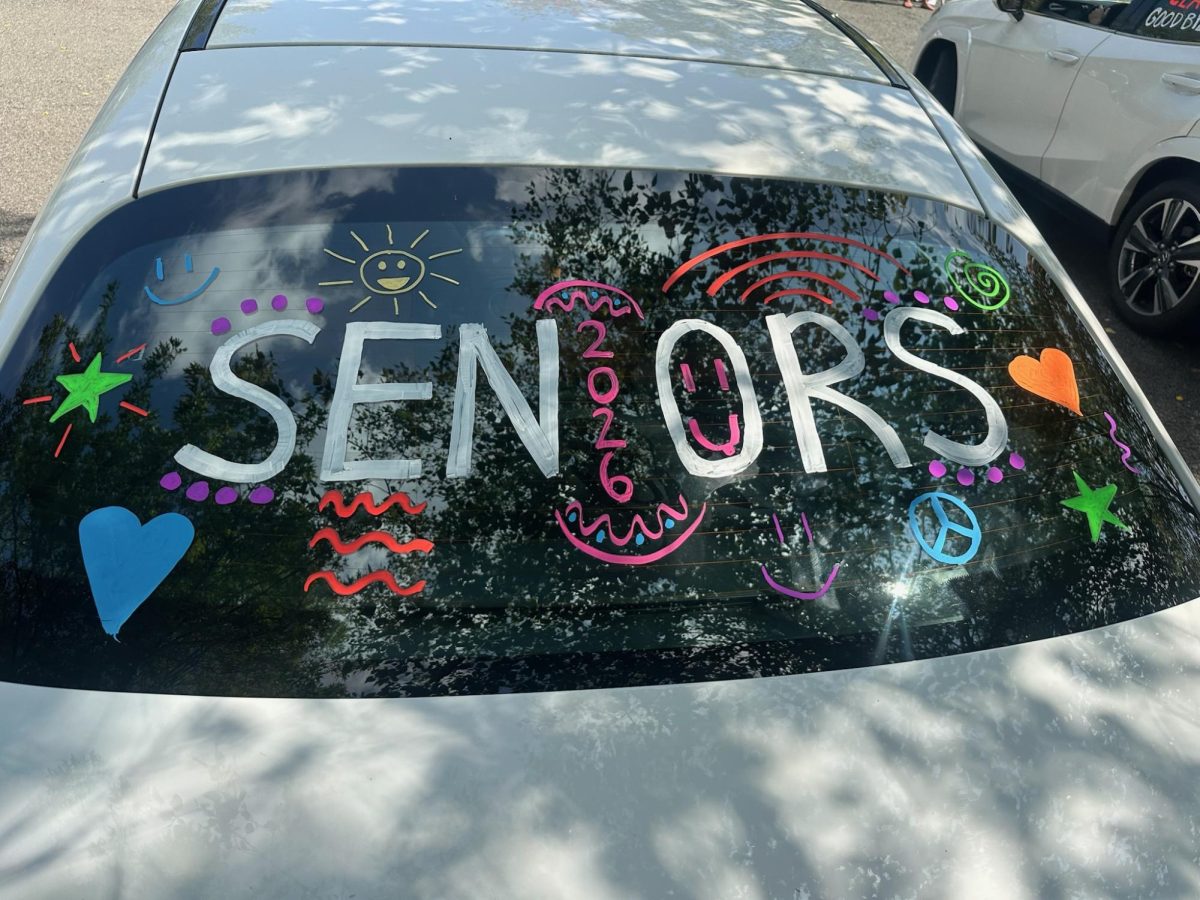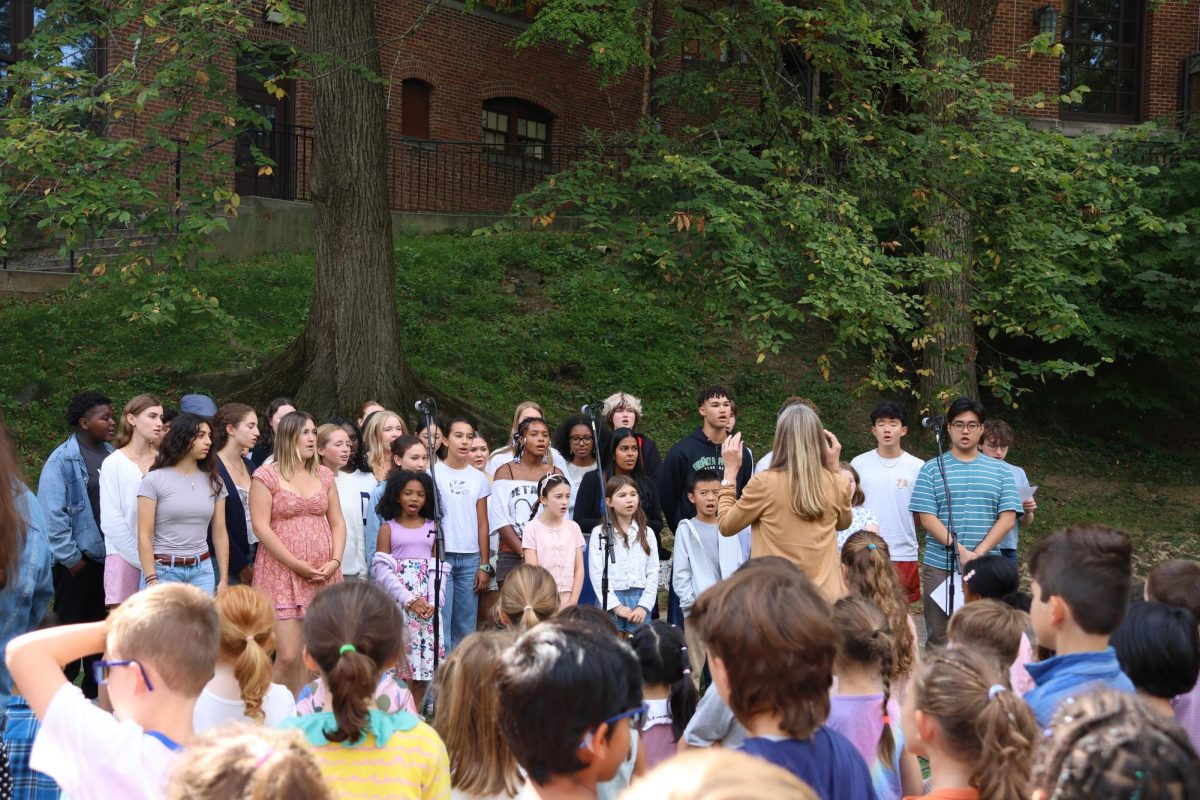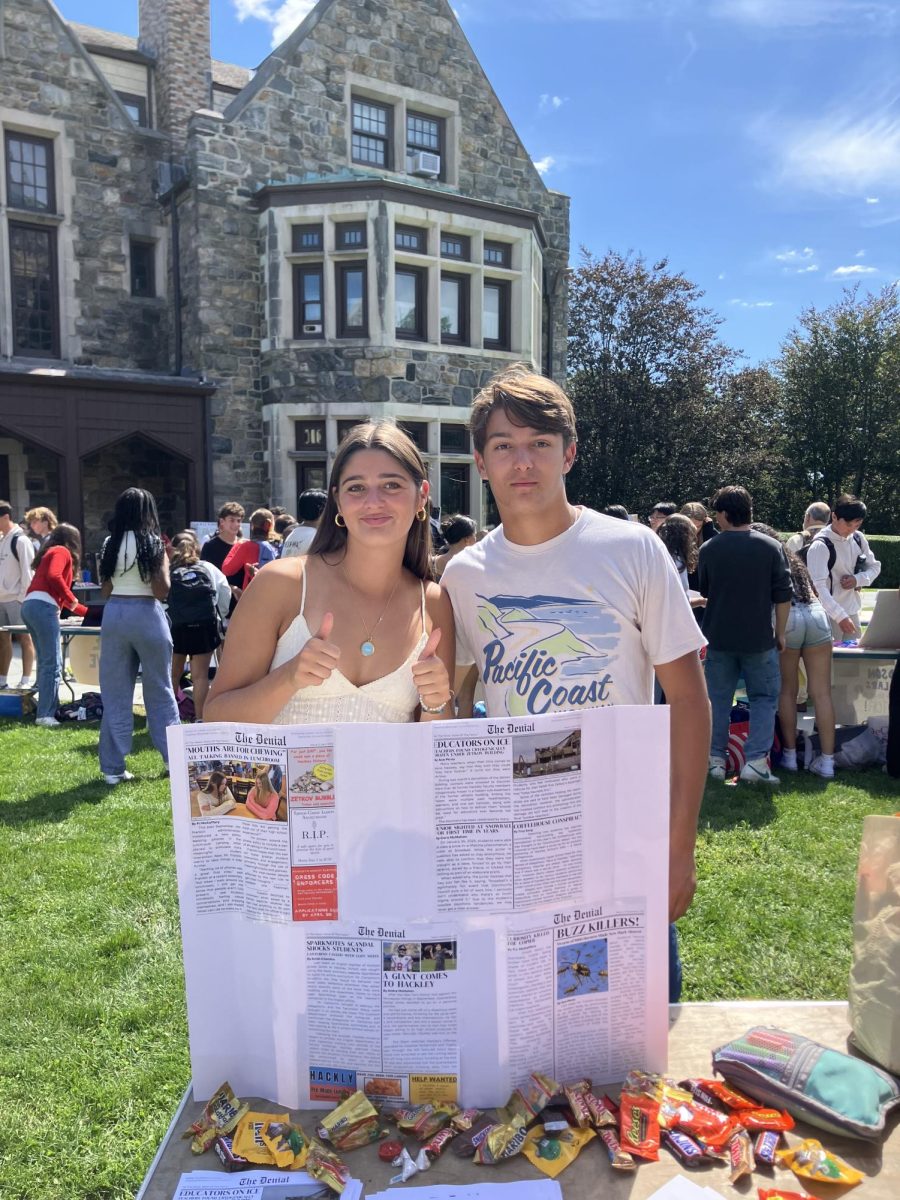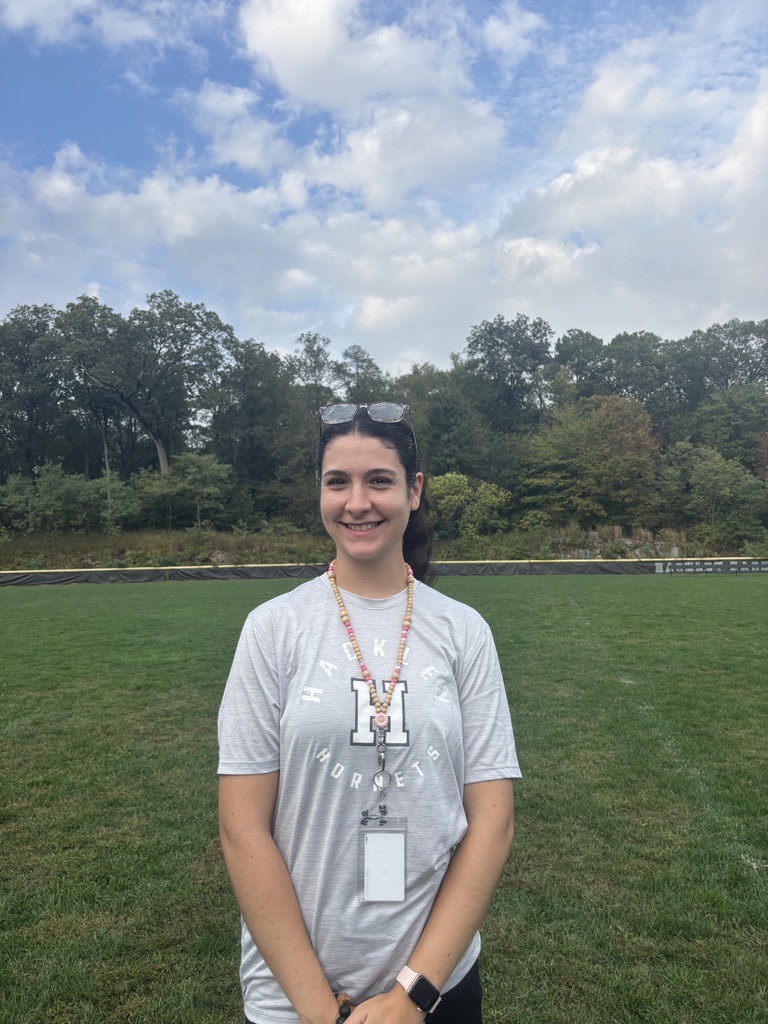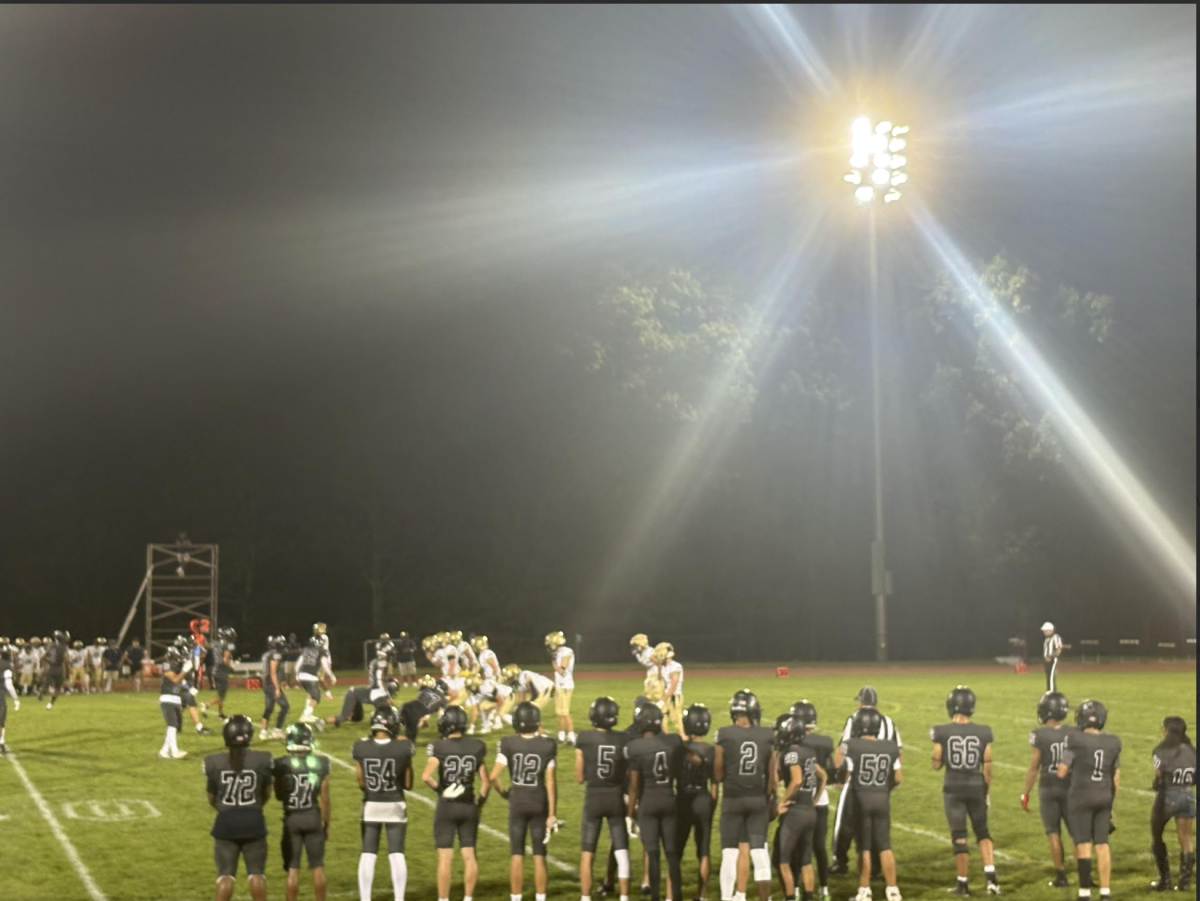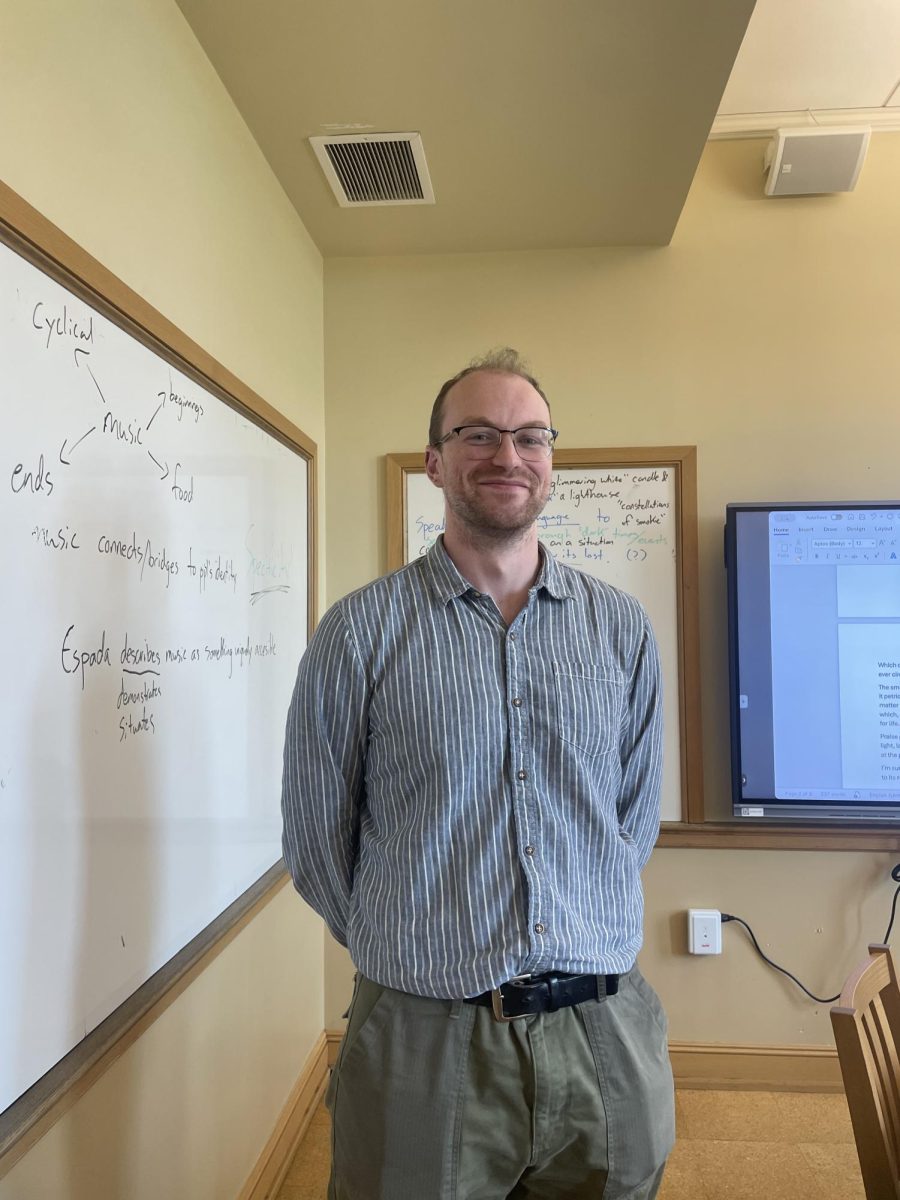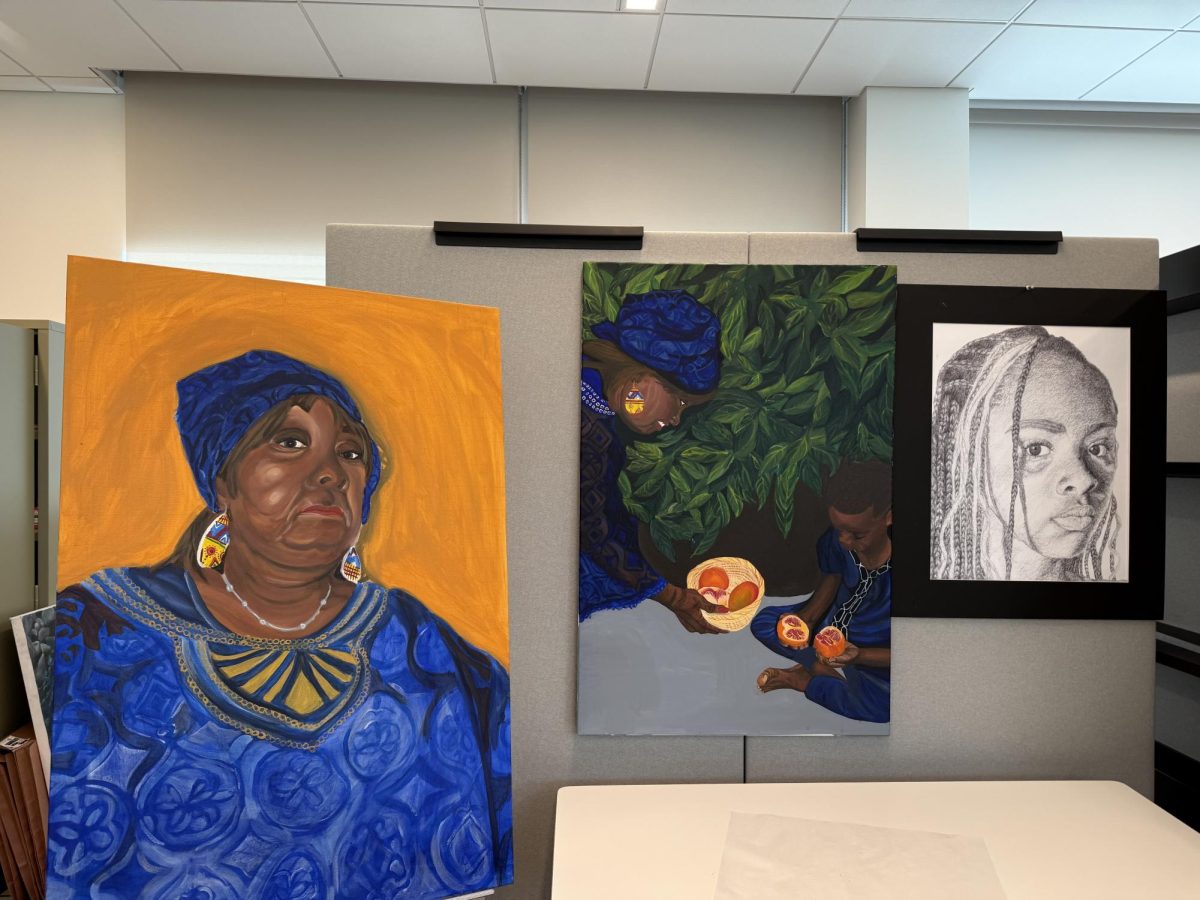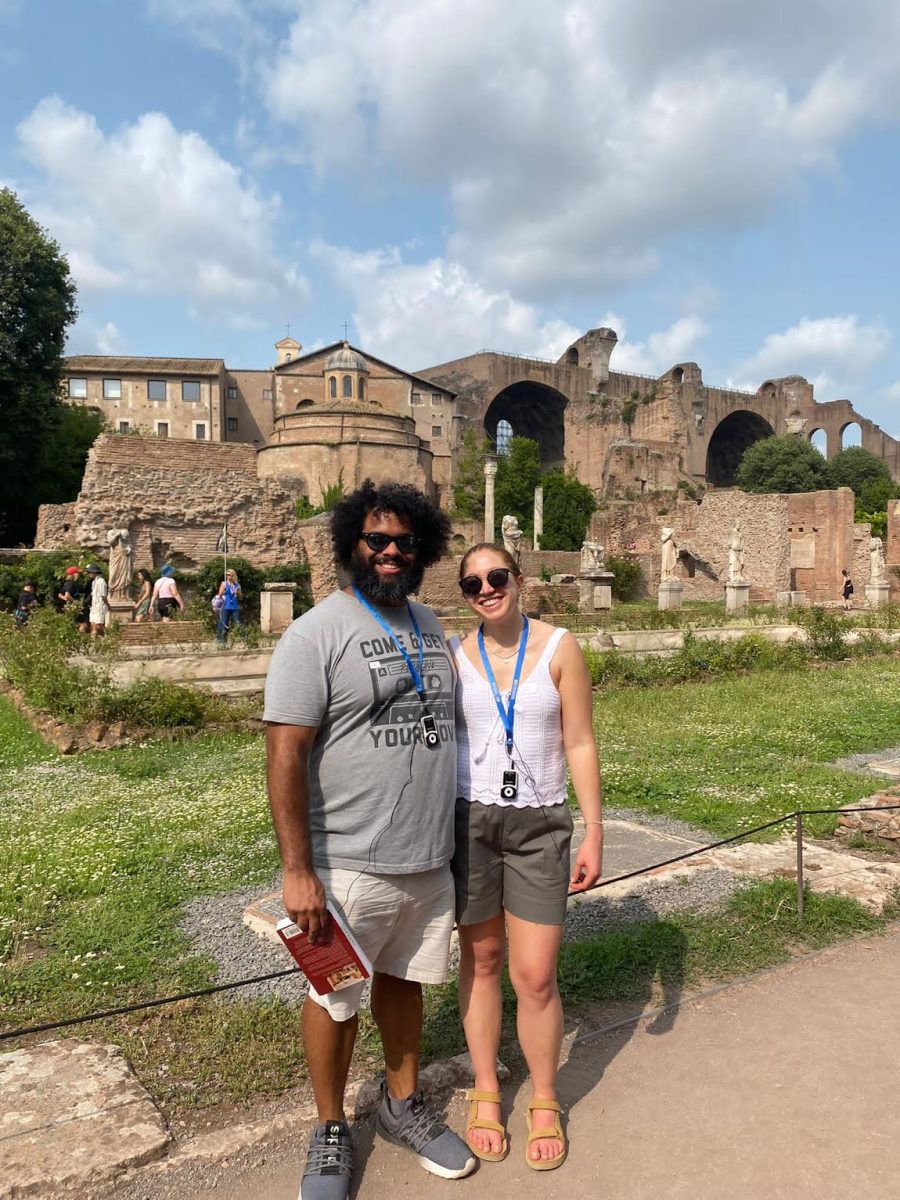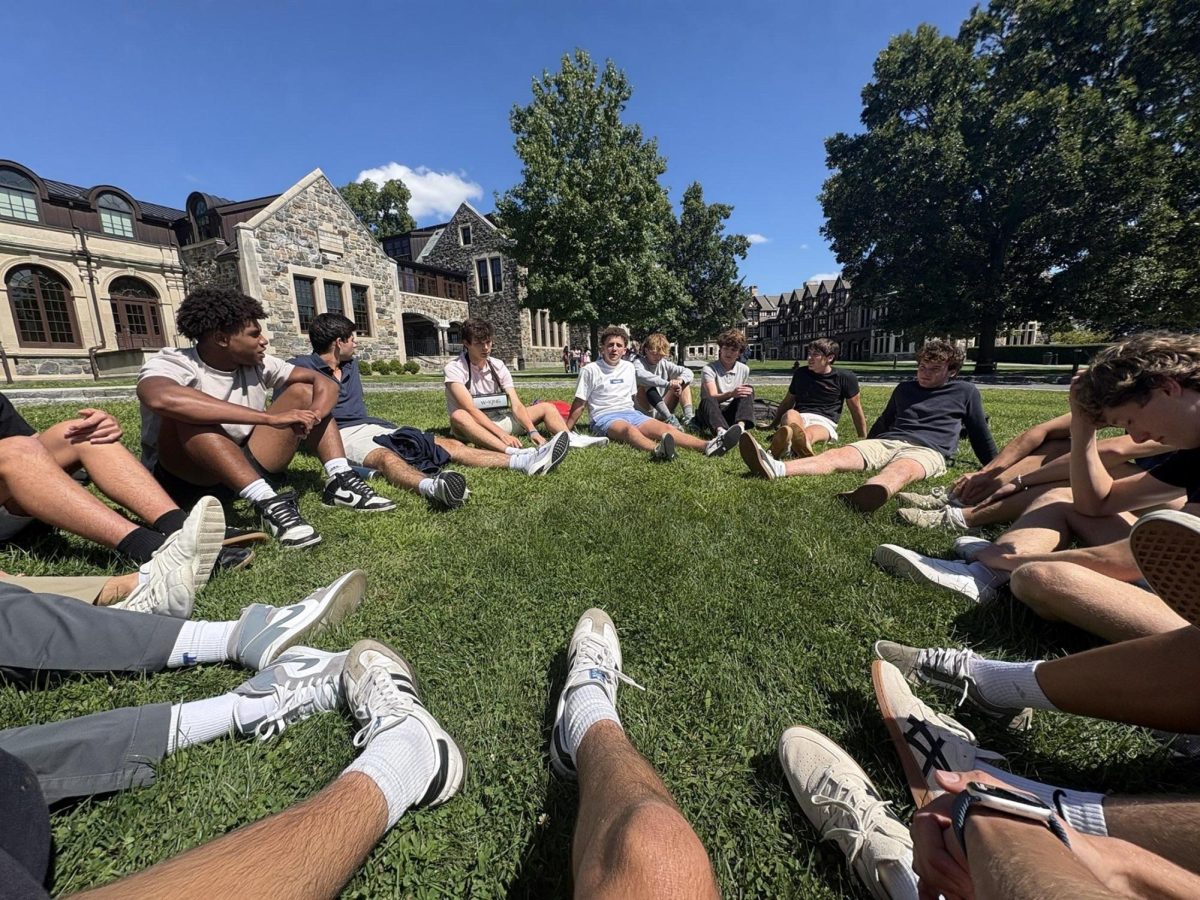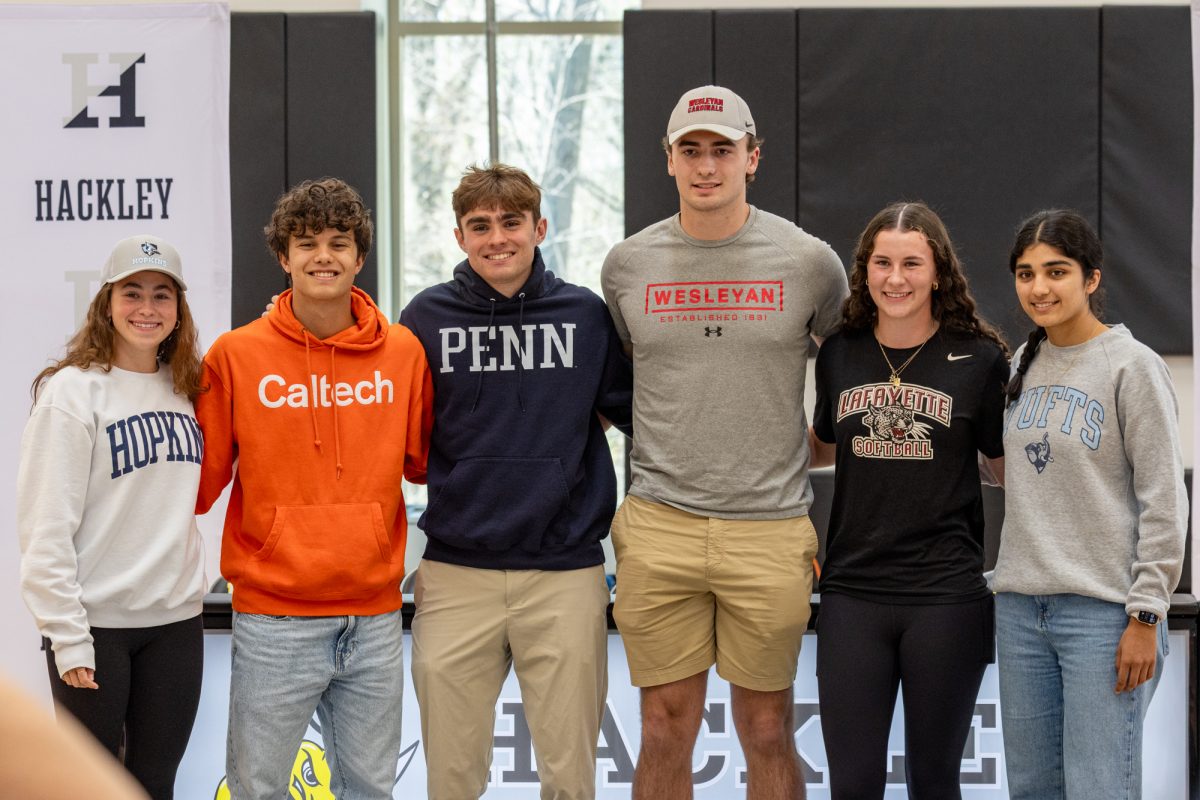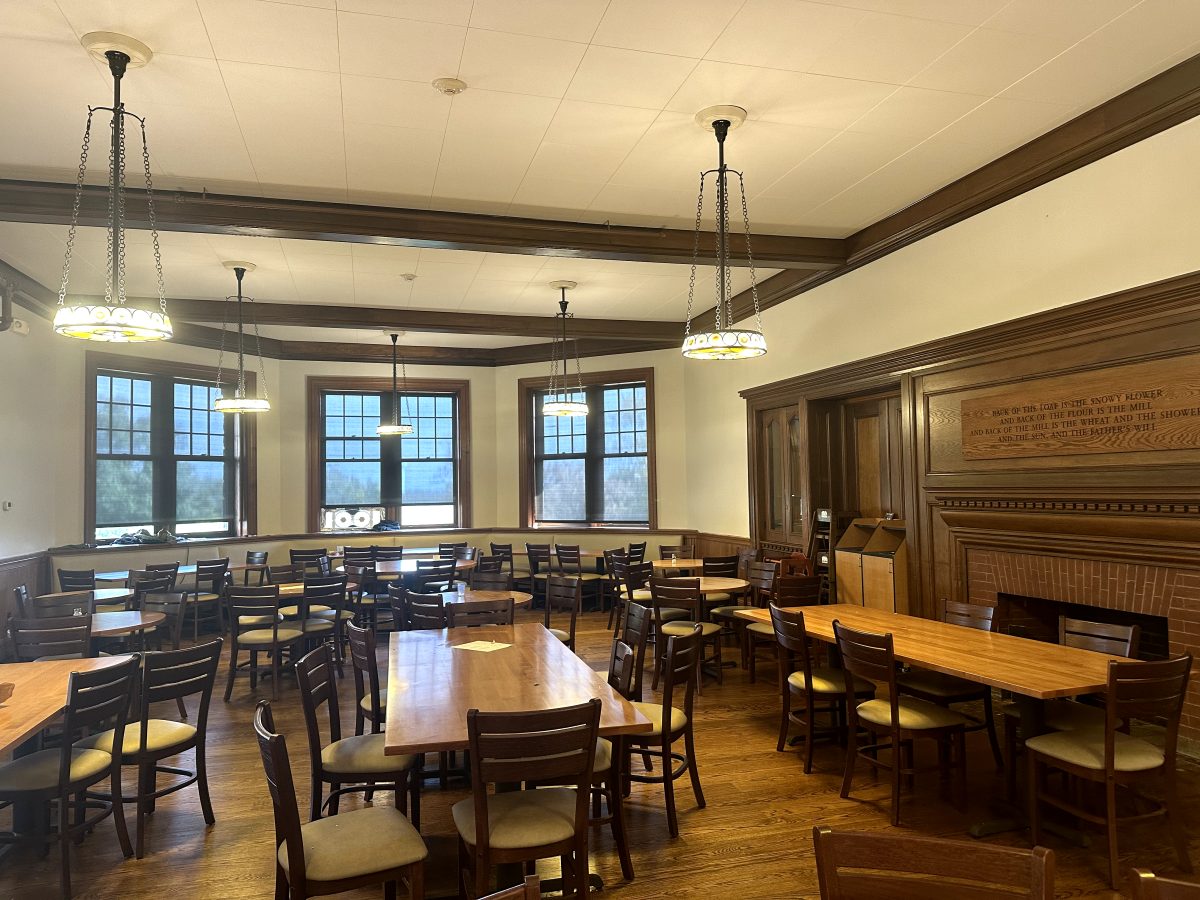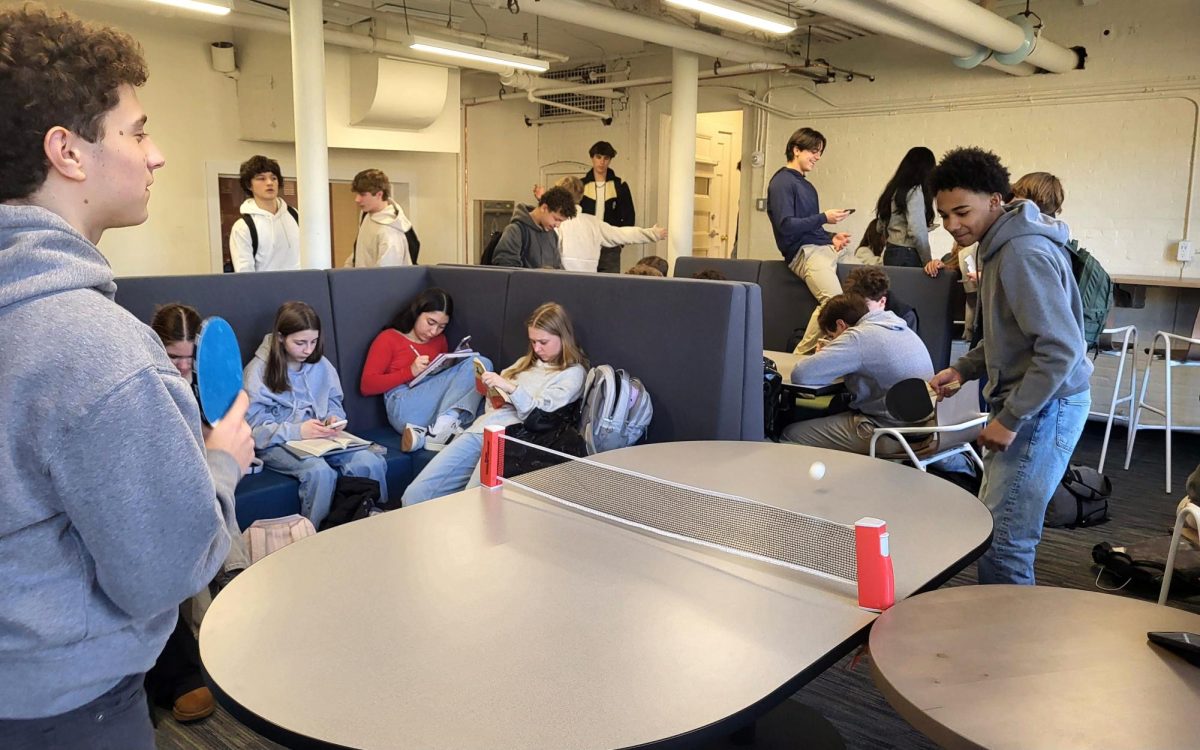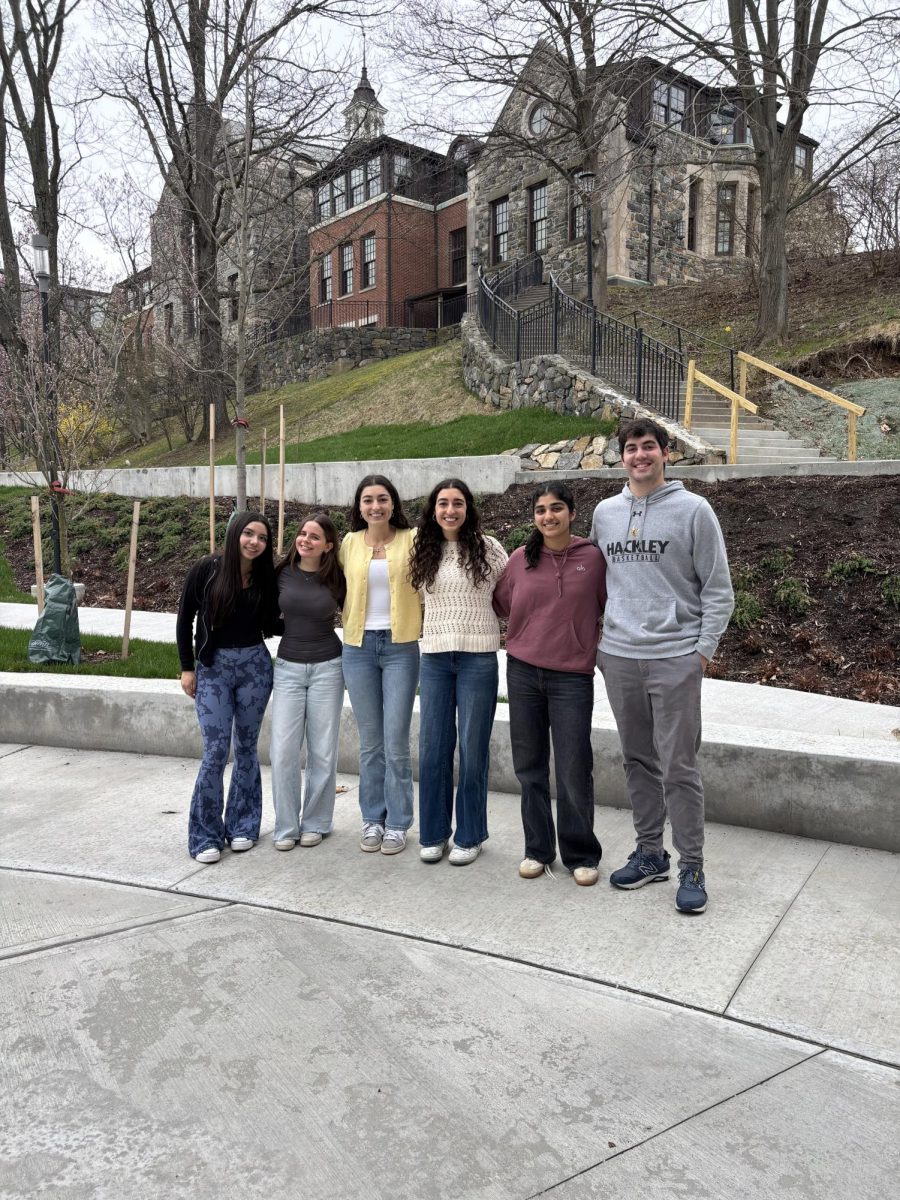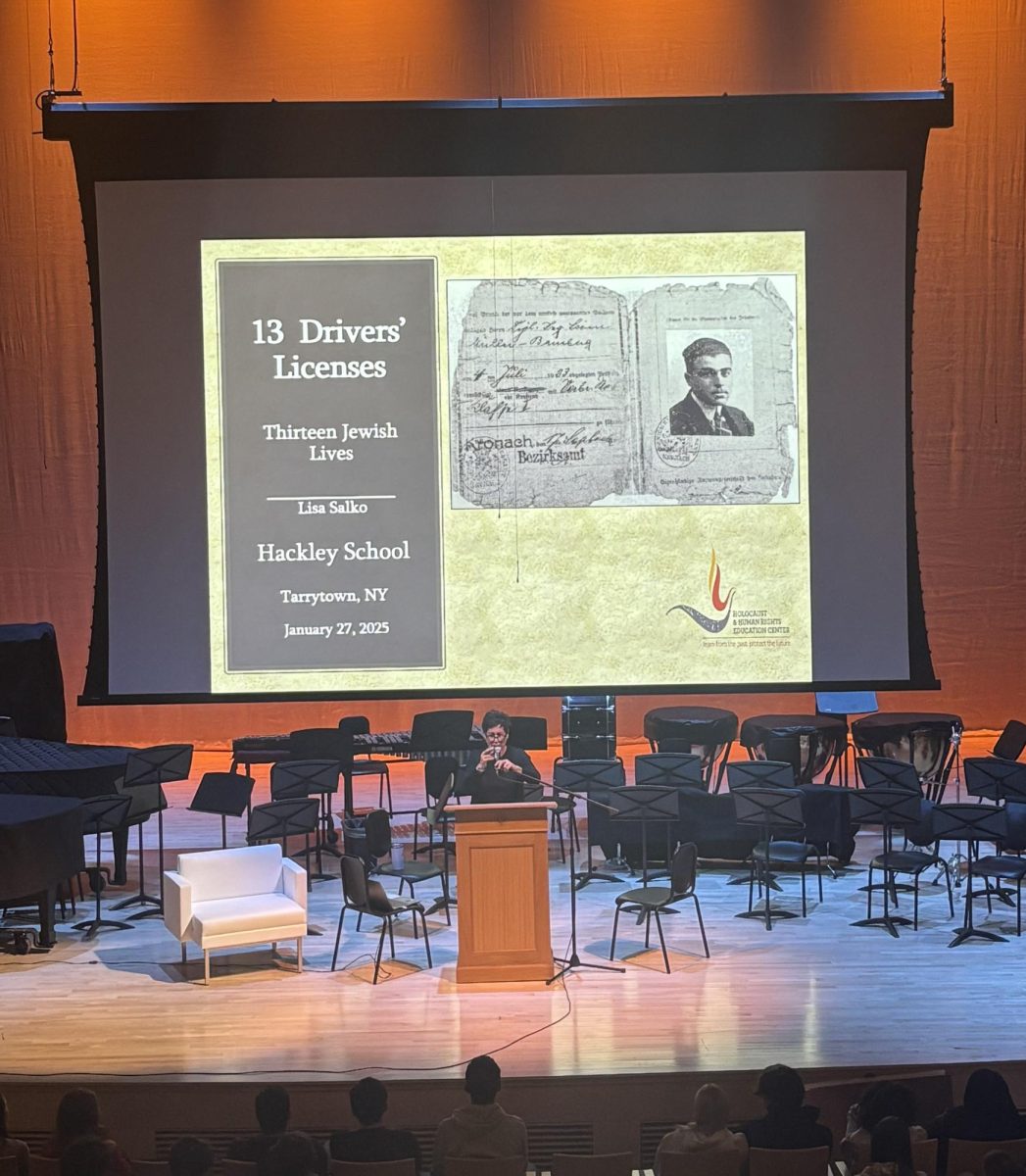This February, the Pollinator Club will be hosting its second annual honey-spinning event in the Grille Room, where students can bring their friends to spin and taste honey. The event will also feature a display about the history of Black beekeepers to recognize Black History Month. It will take place from 8:30 a.m. to 1:30 p.m. on February 14th.
The Pollinator Club’s goal is to educate the student body about the importance of pollinators through their club meetings and bulletin board postings in the science building on the first floor. The board features the “Pollinator of the Month,” and for this month, the board features the chocolate midge, which is the only pollinator for the cocoa plant.
Upper School science teacher Tessa Johnson is the developer of the orchard, which features an apiary home to the bees. The apiary and beehive program is presented with the help of the Pollinator Club and upper school science teacher Regina DiStefano.
Once the honeycomb is harvested, they are placed in freezers to kill the eggs and larvae of wax moths, preventing infestation during storage. After that, the honeycombs are spun in a circular motion, allowing the raw honey to come out of the cappings and placed into jars. The remaining comb will be dried and melted to be wax for candles.
The event is taking place on Valentine’s Day because St. Valentine has been one of the patron saints of beekeepers since 496 AD. The Roman Emperor banned marriages in the third century, and Valentine was found guilty of secretly marrying couples. The holiday is celebrated on the day of his execution, and St. Valentine is the patron saint of love and married couples. Honey can symbolize love, and beekeepers protect honey therefore, St. Valentine protects them.
Be sure to come to the Grille Room on Valentine’s Day to learn more about pollinators and honey, in addition to taste testing honey.

